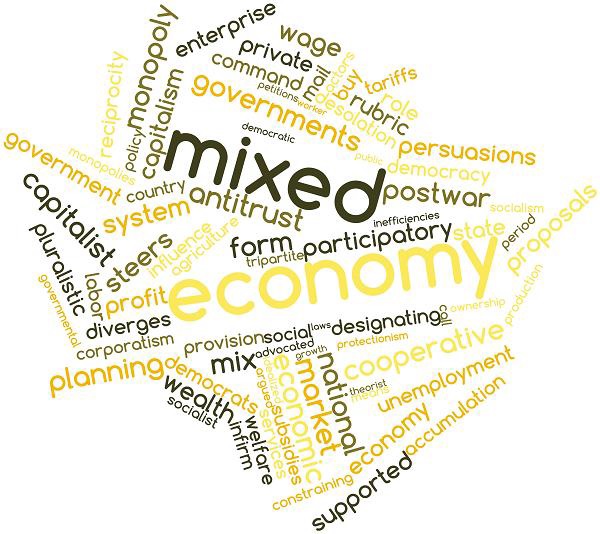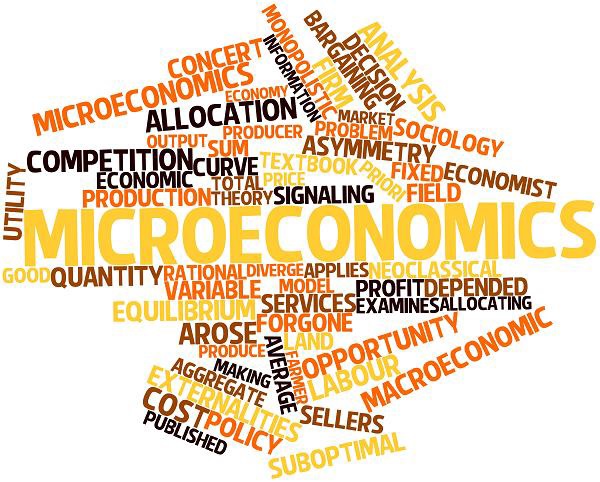Introduction
- Needs are the basic items required for human survival. And, goods and services are produced to satisfy those basic needs. Every individual in one or the other way is engaged in the production of goods and services.
- As resources are limited; therefore, allocation of the resources and the distribution of the final mix of goods and services are the basic economic problems of our society.
- The basic economic activities of our society are production, exchange, and consumptions of goods and services.
- If production does not meet the demand, it leads to scarcity.

- These problems can be solved either by a personal discussion with the individual (whose demands need to be fulfilled) as done in the market or by a planned approach initiated by the central authority, i.e., the government at the center.
Types of Economy
- Based on the characteristics, an economy is divided into two types. They are −
- Centrally planned economy
- Market economy
- In a centrally planned economy, the government or the central authority plans and makes decisions regarding all the important activities in the economy.
- On the other hand, in the market economy, all the economic activities are planned and organized by the market.
- Market in economics is an institution that facilitates people free interaction and ensures the economic activities run smoothly. So, market is basically a center where people can exchange their products with each other.
- In economics, market is a place that regulates and manages the demand and prices of goods. For example, as the demand for product rises, prices of that product also rises.
- In the present world, most of the countries have mixed economies; it is an economic system with a mixture of economic planning with government intervention and market. Here, the government intervenes and makes important decisions. Markets are given partial liberty to make decisions, which would benefit the market and the economy.

- India accepted the policy of mixed economy after independence. In 1948, India declared itself a mixed economy for the very first time.
- Positive economic analysis describes how the different mechanisms of an economy work.
- Normative economic analysis is the study of what economic mechanism should be adopted in order to achieve a particular goal.
- Economics is broadly categorized into two groups. They are −
- Microeconomics
- Macroeconomics
- Microeconomics largely describes the behavior of individual economic agents in the markets for different goods and services and tries to figure out how prices and quantities of goods and services are determined through the interaction of different individuals in the markets.

- Major questions answered in Microeconomics are −
- What is the level of total output in the economy?
- How is the total output determined?
- How does the total output grow over time?
- Are the resources of the economy (e.g. labor) fully employed?
- What are the reasons behind the unemployment of resources?
- Why do prices rise?
- On the other hand, Macroeconomics describes the economy as a whole by focusing on aggregate measures, such as total output, employment, and aggregate price level.
No comments:
Post a Comment